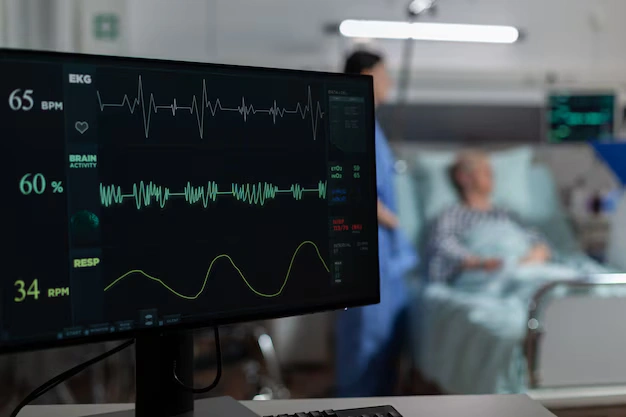1)Detects Serious Conditions Early
Finds abnormalities such as arrhythmias, heart blocks, or myocardial ischemia (reduced blood flow to the heart).
2)Quick & Non-Invasive
No injections, no pain – just small electrodes placed on your skin.
3)Crucial for Emergency Evaluations
If you’re experiencing chest pain or shortness of breath, an ECG can guide doctors immediately.
4)Helps in Long-Term Heart Monitoring
Useful for patients with high blood pressure, diabetes, or a history of heart disease.
5)Cost-Effective & Widely Available
A simple and affordable test available at most clinics and hospitals, including Srujana.

